Although Election Day (November 5 local time) is in the throes of tension, Americans cannot forget to think about the transfer of power. They are constantly reminded of a "mantra" with the hope that bad "precedents" will not be repeated.
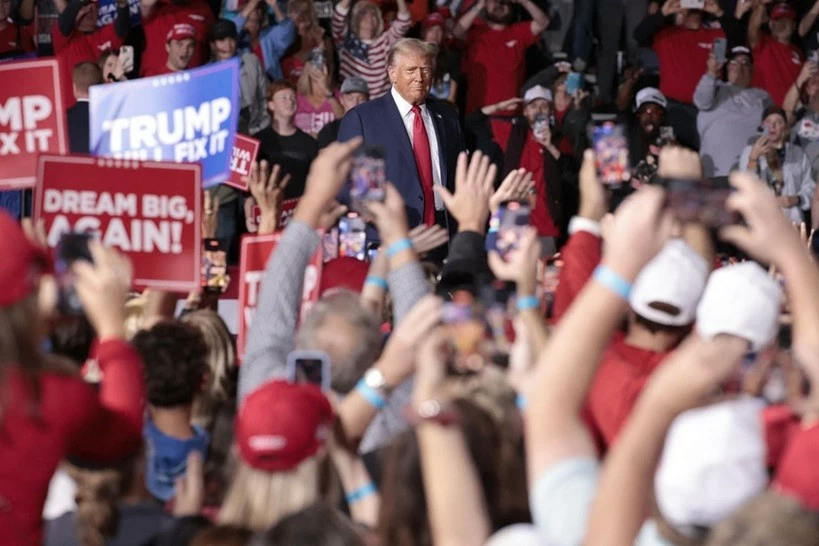 |
| Republican candidate Donald Trump speaks during his final campaign rally at Van Andel Arena in Grand Rapids, Michigan, early on November 5. (Source: AFP) |
“At one point, America had only one president.”
In the final days of the 2024 US election, the people of this country are often reminded of the above "mantra" related to the process of transferring power.
Democrats are warning that if former President Donald Trump wins the election, he will not follow the same rules and protocols as he did when he won in 2016.
One of the principles of the transition of power is that the president-elect does not undermine the outgoing president by interfering in the policy-making process during the pre-inauguration period.
This is especially true when it comes to foreign policy. Past presidents have ensured that the United States has only one president at a time.
In 1992, President Bill Clinton emphasized this point. Immediately after his victory, he called on “America’s partners and enemies to recognize, as I have recognized, that at any given time, America has only one president.”
President George W. Bush and President Barack Obama did the same.
However, in 2016, there was an outcry when newly elected Donald Trump made several moves that were seen as violating traditions enshrined in law.
Specifically, the Logan Act of 1799 prohibited U.S. citizens from unauthorized correspondence or negotiations with foreign governments that undermined the government’s position. According to presidential historians, this law was intended to protect the president’s constitutional powers, especially in relations with foreign nations.
In 2016, Democratic Congressman Jared Huffman introduced a bill called the "One President at a Time Act" to amend the Logan Act to "ensure that U.S. foreign policy is directed only by the sitting president" and apply the law to future presidents-elect.
Although the resolution did not pass, it is understood that the Logan Act applies to presidents-elect in the same way it applies to U.S. citizens. Many have cited the Logan Act when criticizing President-elect Trump for two actions he took after the 2016 election.
First was a December phone call between him and the leader of Taiwan, the first by a US president-elect since 1979.
Second was his opposition to the Barack Obama administration's abstention from a UN Security Council resolution demanding an end to Israel's occupation.
President-elect Trump then intervened personally and in an unprecedented manner, through phone calls (confirmed by his press secretary) with Egyptian President Abdel Fattah El-Sisi and Israeli Prime Minister Benjamin Netanyahu, in which he reportedly discussed the resolution.
During the transition, the president-elect "traditionally has limited interaction with foreign leaders," according to the Center for Presidential Transition.
“It is important for the president-elect and his or her team to ensure that the administration always takes a single stance, especially on national security and foreign policy issues,” the center added.
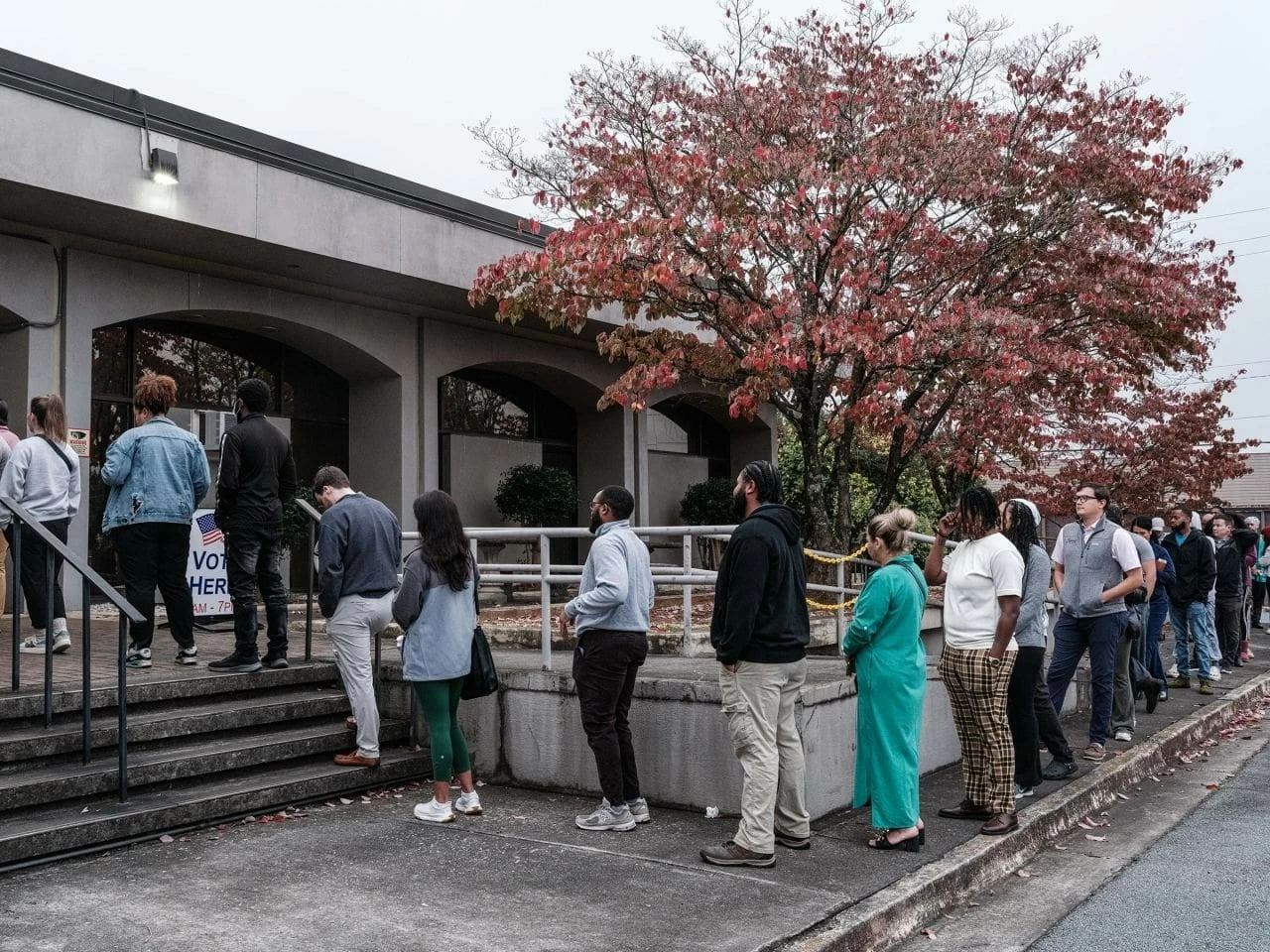 |
| Voters line up to cast their ballots in Smyrna, Georgia, on November 5. (Source: CNN) |
Trump's "nothing" stance
Many Americans are concerned that in this year's election, if elected, Mr. Trump will not only repeat what he has done but also increase his foreign policy decisions and commitments without coordinating with the Biden administration, thereby weakening the current presidential administration.
They draw this from Mr Trump's recent positions and statements.
In early November, the Republican candidate told his supporters that he had spoken by phone with Israeli leader Netanyahu about the situation in the Middle East. When asked about how to respond to Iran's missile attack on Israel, Trump reportedly told Netanyahu to "do what you have to do."
Slate magazine considered this, if accurate, "not only a diplomatically reckless act but also a potential federal crime," referring to the Logan Act.
In addition, during the debate with Vice President Kamala Harris, Mr. Trump pledged to resolve the Russia-Ukraine conflict "before I become president," adding that he would do it "if I win, when I am president-elect."
Aaron Miller, a senior fellow at the Carnegie Endowment, said Trump did not need to reach out to anyone because everyone was reaching out to him, including Ukrainian President Volodymyr Zelensky. However, Miller expressed concern that former President Trump “will create expectations and make promises and commitments that he is not legally empowered to fulfill.”
The divisions in the US over the election and Mr Trump’s stance extend to every aspect of the transition and presidential powers. It would be unrealistic to expect the upcoming transition to be any different if Mr Trump wins. Washington is holding its breath and hoping that the US will not have a repeat of the transition in early 2021.
Source: https://baoquocte.vn/dien-bien-bau-cu-my-2024-cau-than-chu-duoc-niem-suot-cuoc-song-dau-cau-hoi-ve-binh-yen-sau-la-phieu-cuoi-cung-292719.html



![[Photo] Thousands of Buddhists wait to worship Buddha's relics in Binh Chanh district](https://vstatic.vietnam.vn/vietnam/resource/IMAGE/2025/5/3/e25a3fc76a6b41a5ac5ddb93627f4a7a)








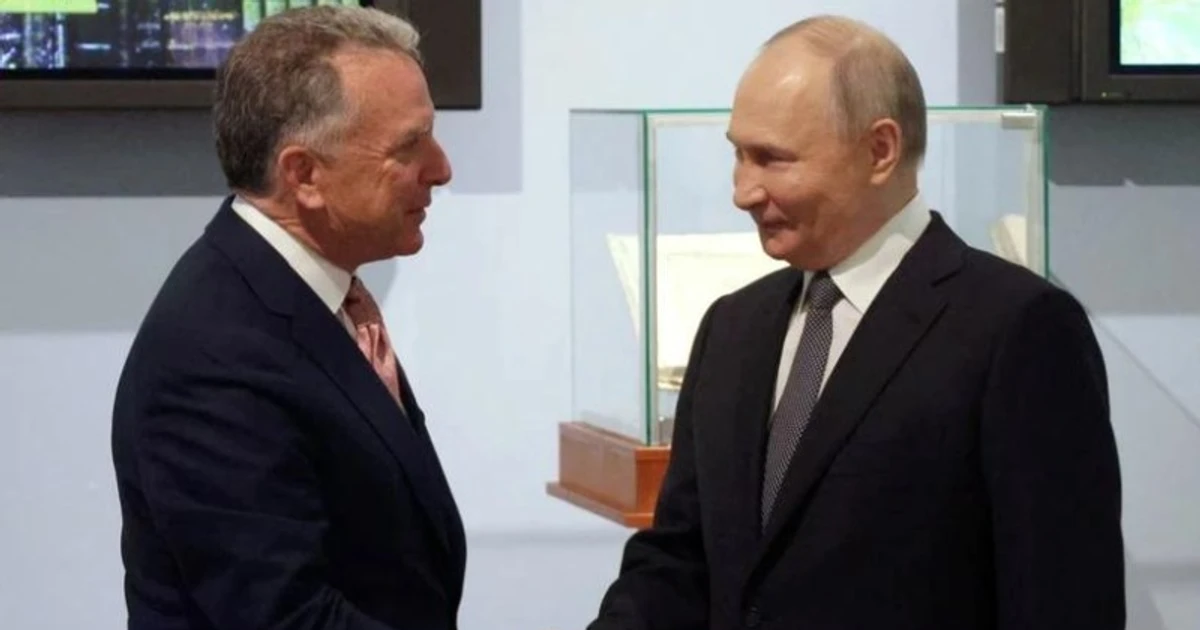
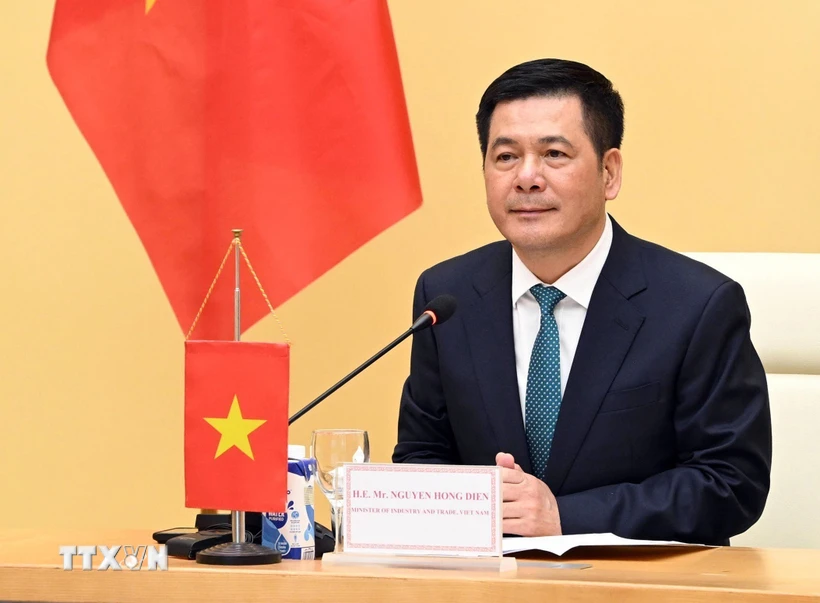

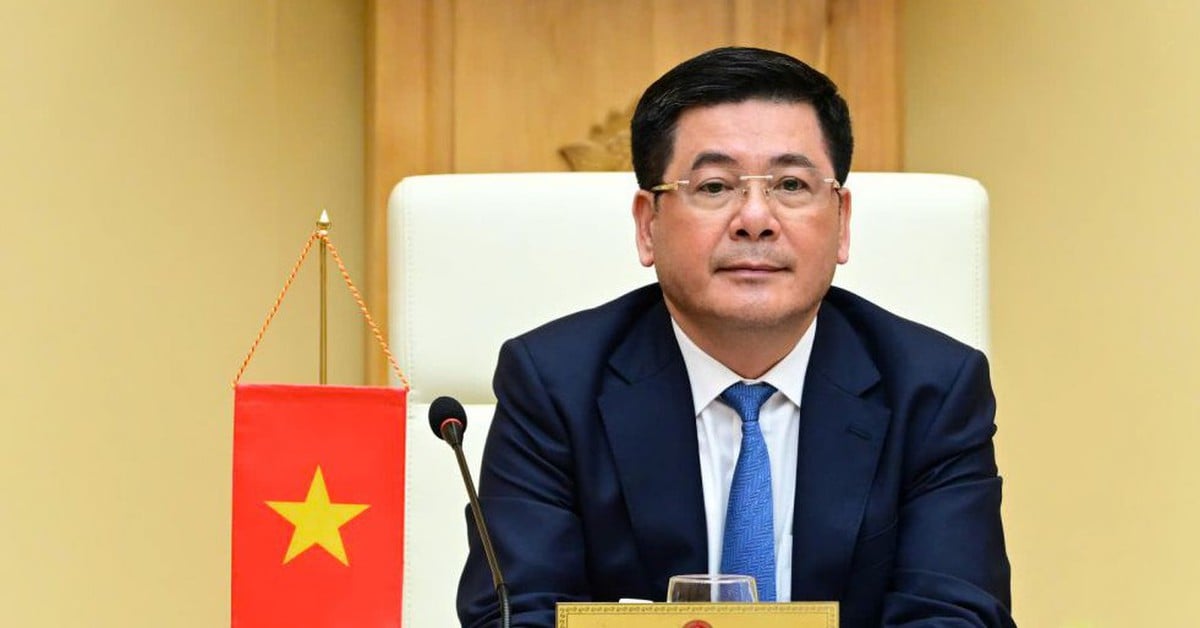



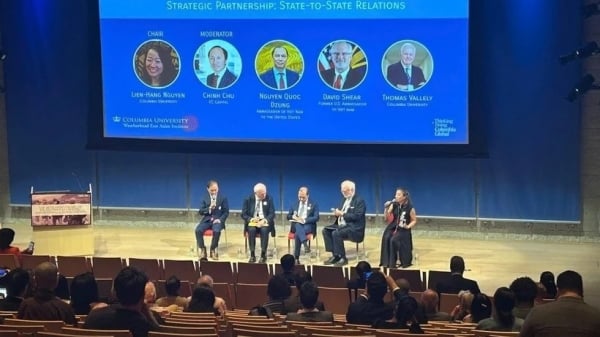



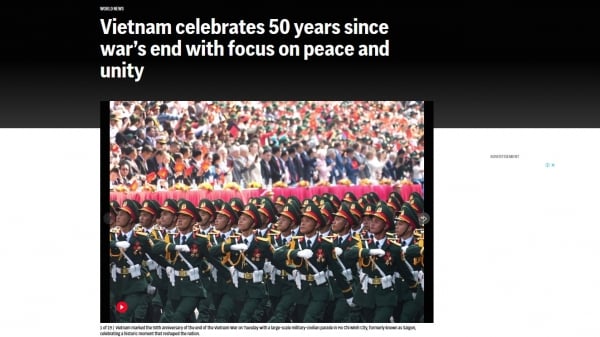






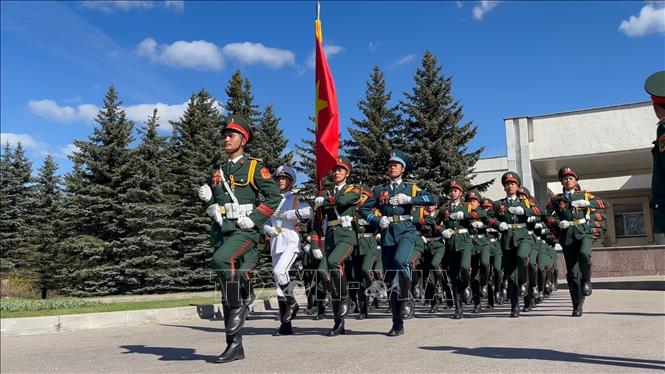
















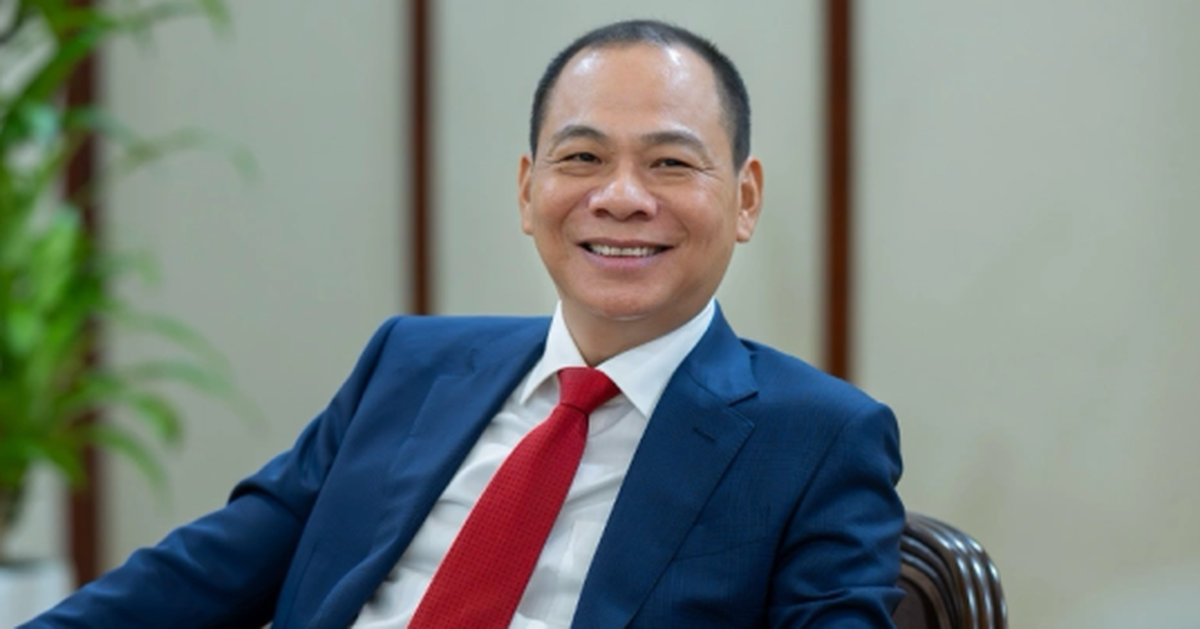














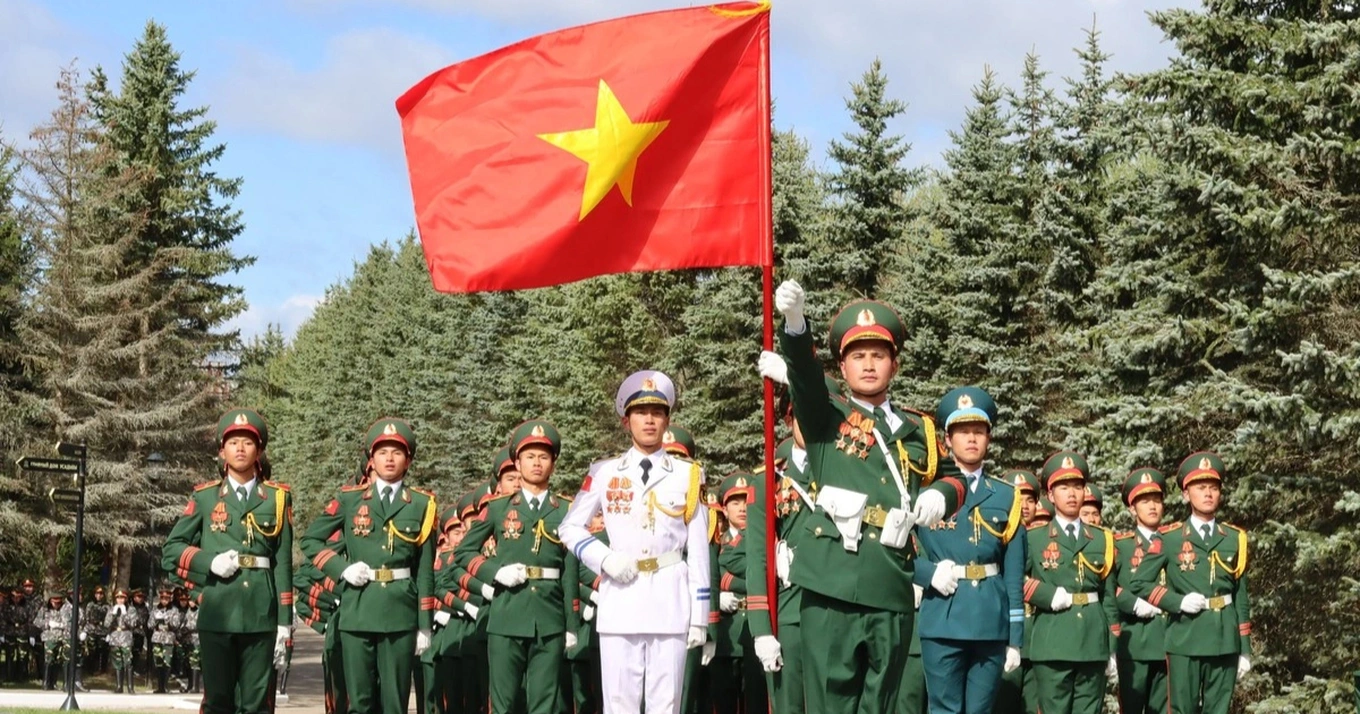

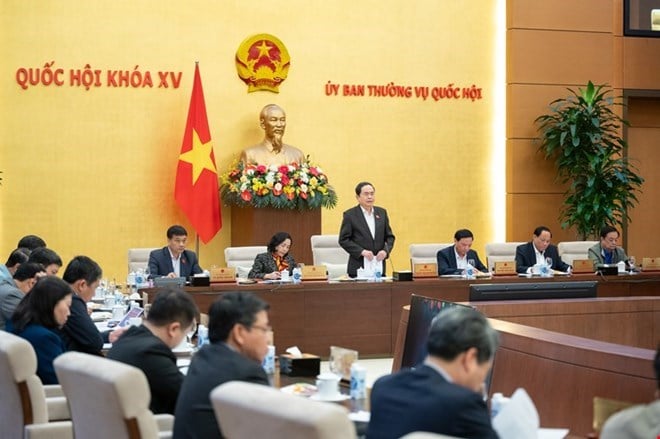
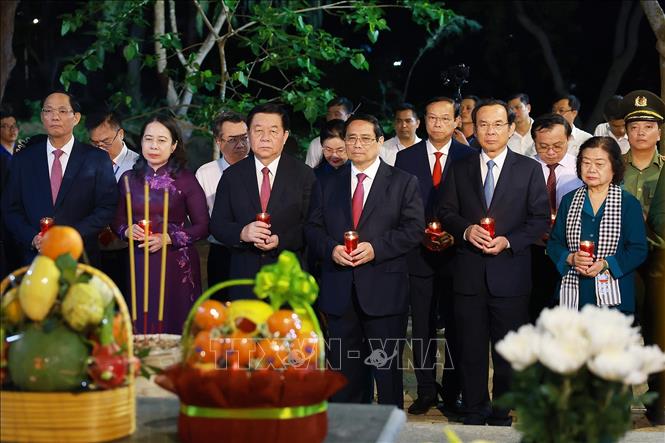








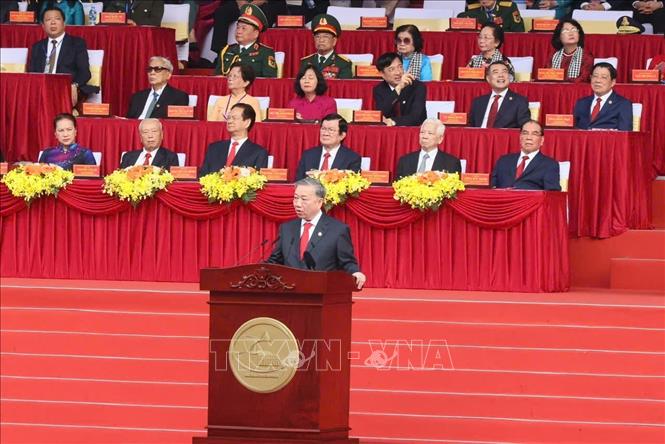








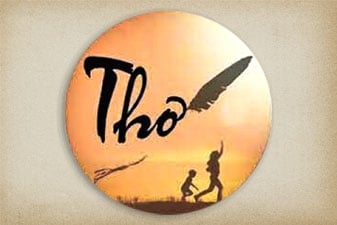
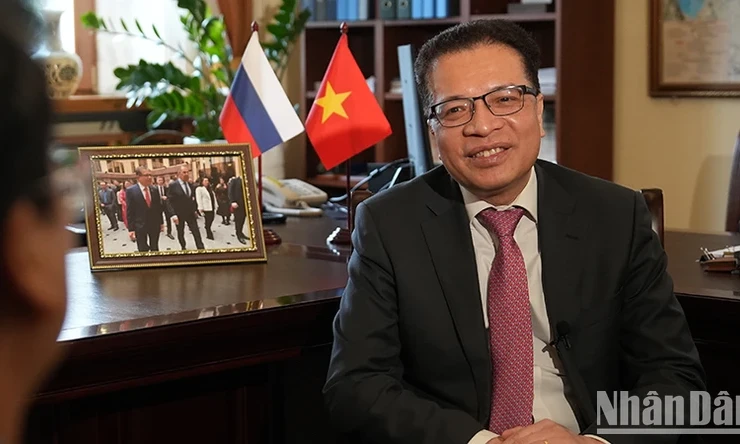









Comment (0)